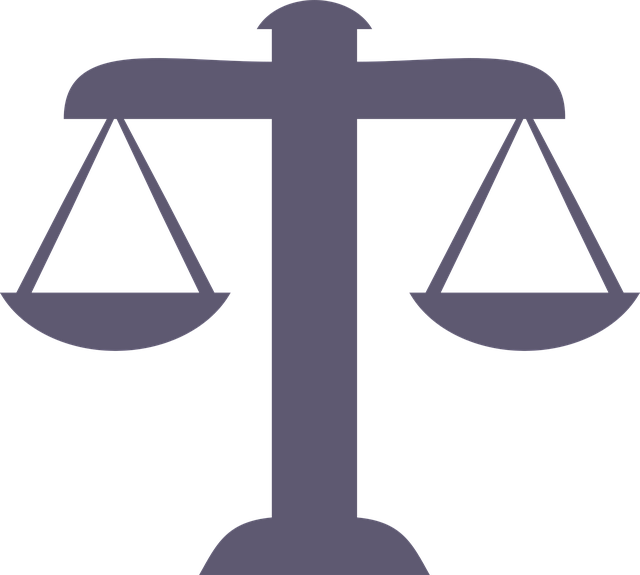Whistleblower cases require understanding appeals vs. post-conviction relief. Appeals rectify trial errors, while post-conviction relief addresses new evidence or legal changes. Attorneys must navigate complex laws to protect clients, using strategic approaches tailored to each case stage. Effective representation involves open communication, thorough evidence review, and robust arguments to ensure favorable outcomes for whistleblowers' rights.
Whistleblower Protection Lawsuits: A powerful tool for justice and accountability. This article delves into the intricate world of legal protections for individuals who expose corporate or government wrongdoings. We explore key aspects, from understanding the fundamentals to navigating complex legal strategies. Learn about the differences between appeal and post-conviction relief options, essential elements of successful cases, and effective representation tactics. Uncover vital insights for those seeking justice in the face of adversity.
- Understanding Whistleblower Protection Lawsuits
- Key Elements of a Successful Whistleblower Case
- Navigating Appeal vs Post-Conviction Relief Options
- Strategies for Effective Legal Representation in Whistleblower Suits
Understanding Whistleblower Protection Lawsuits

Whistleblower Protection Lawsuits are a critical aspect of ensuring individuals who expose illegal or unethical activities within organizations can do so without fear of retaliation. Understanding the legal framework surrounding these lawsuits is essential for both whistleblowers and general criminal defense attorneys. These cases often navigate complex procedures, especially when differentiating between appeal and post-conviction relief.
While appeals focus on reviewing decisions made during all stages of the investigative and enforcement process, post-conviction relief specifically addresses claims that were not previously raised and may have been overlooked or intentionally suppressed. Across the country, differences in whistleblower protection laws can further complicate these cases. Thus, it’s crucial for attorneys to stay informed about both federal and state regulations to provide effective legal counsel to whistleblowers.
Key Elements of a Successful Whistleblower Case

When building a strong case for whistleblowers, several key elements are essential to ensure success. Firstly, a clear and compelling narrative is vital; detailing the events leading up to the decision to expose wrongdoing, along with tangible evidence supporting the claims, can significantly sway public opinion and legal outcomes. This includes documenting internal communications, financial records, or any other relevant data that highlights unethical practices within a respective business.
The choice between appealing a case and seeking post-conviction relief is a strategic one. While appeals focus on reexamining the original trial’s legal errors, post-conviction relief allows for investigating new facts or evidence that may have been previously unavailable. Achieving extraordinary results in these cases often requires a winning challenging defense verdict, where the plaintiff’s actions are deemed justified and protected under whistleblower protection laws.
Navigating Appeal vs Post-Conviction Relief Options

When facing a whistleblower protection lawsuit, understanding the differences between appeal and post-conviction relief options is crucial. While both paths offer opportunities to challenge adverse decisions, they serve distinct purposes. An appeal typically focuses on correcting errors in the original trial, examining issues like evidence handling, procedural fairness, or interpretation of laws and regulations. This route is beneficial when direct review by a higher court can rectify clear miscarriages of justice.
Post-conviction relief, on the other hand, provides an additional layer of protection for both corporate and individual clients. It allows for revisiting a conviction or sentence based on new evidence, changes in the law, or claims that the original process was fundamentally unfair. Given his unprecedented track record for success, legal representatives can guide their clients through these complex procedures to ensure the best possible outcome, especially when navigating the intricate interplay between corporate interests and individual rights.
Strategies for Effective Legal Representation in Whistleblower Suits

When representing whistleblowers in lawsuits, attorneys must employ strategic approaches to navigate complex legal landscapes. One key aspect is understanding the nuances between appeal and post-conviction relief. While appeals focus on reexamining the original case based on procedural errors or misinterpretations of law, post-conviction relief delves into issues that were not previously addressed, such as newly discovered evidence or ineffective assistance of counsel. For clients facing whistleblower accusations, a comprehensive strategy should encompass all stages of the investigative and enforcement process.
Attorneys can enhance their chances of securing favorable outcomes by fostering open communication with clients, meticulously reviewing evidence, and constructing robust legal arguments. This involves scrutinizing the facts, identifying potential weaknesses in the prosecution’s case, and employing creative defensive tactics tailored to the specific allegations. Ultimately, a winning challenging defense verdict relies on adept legal representation that not only challenges the accusations but also ensures the whistleblower’s rights are protected throughout the entire process.
Whistleblower protection lawsuits are a vital tool for those who expose illegal or unethical practices within organizations. By understanding the key elements of a successful case, navigating appeal options, and employing effective legal strategies, individuals can ensure their voices are heard and justice is served. Whether exploring differences between appeal and post-conviction relief or securing robust legal representation, this knowledge empowers whistleblowers to make informed decisions and play a crucial role in fostering transparency and accountability.






